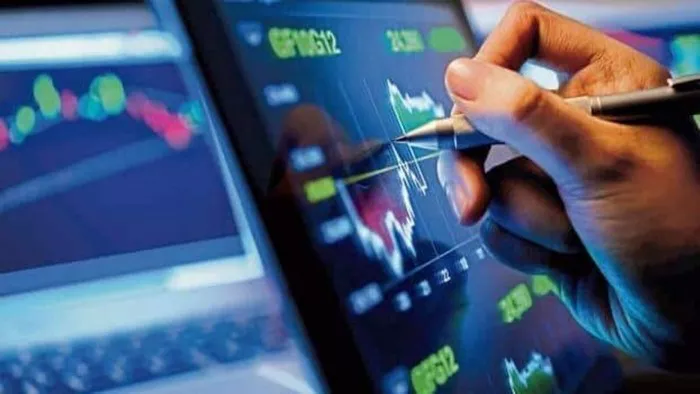In the realm of financial markets, few indices hold the same level of recognition and significance as the Dow Jones Industrial Average, commonly referred to as the Dow Jones. As global economies and market dynamics evolve, investors are keen to understand the trajectory of this iconic index.
The Historical Foundation of the Dow Jones
The Dow Jones Industrial Average has a storied history that dates back to 1896, when it was created by Charles Dow and Edward Jones. Initially comprising 12 industrial companies, the index aimed to provide a snapshot of the broader market’s health by tracking the stock prices of major industrial players. Over the years, the Dow Jones expanded its coverage to include companies from various sectors, cementing its status as a barometer of the U.S. stock market.
Adapting to Changing Dynamics
The Dow Jones has demonstrated remarkable resilience in adapting to changing economic and market conditions:
Component Changes: The index’s composition has changed multiple times to reflect shifts in the economy. For example, tech giants like Apple, Microsoft, and Intel were added to the index to account for the growing significance of the technology sector.
Weighting Adjustments: In recent years, the Dow Jones underwent changes in its methodology to factor in the price-weighted nature of the index, ensuring that higher-priced stocks do not dominate the index’s movement.
Market Evolution: The index has evolved from its industrial origins to encompass a wide array of sectors, reflecting the changing composition of the U.S. economy.
Factors Driving Change in the Dow Jones
Several factors are contributing to the ongoing transformation of the Dow Jones:
Technological Innovation: The rise of technology companies has redefined industries and disrupted traditional business models. As these tech giants continue to influence markets, the Dow Jones must adapt to remain relevant.
Globalization: In an interconnected world, multinational corporations play a pivotal role in market dynamics. As international companies gain prominence, the Dow Jones must consider their impact on the index.
Market Trends: The shift toward passive investing through index funds and exchange-traded funds (ETFs) has increased the influence of index components on the overall market. The Dow Jones must account for these trends in its composition.
Economic Challenges: Economic cycles and geopolitical events can impact the fortunes of individual companies and industries. The Dow Jones must consider these factors to accurately reflect market sentiment.
Future Scenarios for the Dow Jones
Envisioning the future of the Dow Jones involves considering various scenarios:
Continued Evolution: The Dow Jones is likely to continue adapting to changing market dynamics, incorporating emerging sectors and industries that shape the modern economy.
Technological Dominance: The prominence of technology companies may lead to a scenario where tech giants exert significant influence on the Dow Jones, potentially resulting in higher weightings for these stocks.
Global Market Integration: As global markets become more interconnected, the Dow Jones may feature a more diversified array of international companies, capturing the global economic landscape.
Sustainable Investing: The growing emphasis on environmental, social, and governance (ESG) factors may influence the composition of the Dow Jones, as socially responsible companies gain prominence.
Role in Investment Strategies
The Dow Jones continues to play a crucial role in investment strategies:
Benchmark for Performance: Investors use the Dow Jones as a benchmark to measure their portfolio’s performance against the broader market.
Risk Management: The index helps investors gauge market trends and adjust their portfolios to mitigate potential risks.
Strategic Allocation: Investors use the Dow Jones to allocate assets across different sectors and industries, seeking diversification and exposure to different market segments.
Conclusion
The Dow Jones Industrial Average stands as a testament to the resilience and adaptability of financial markets. From its origins as a gauge of industrial companies to its status as a symbol of market trends and economic health, the Dow Jones has evolved alongside the changing economic landscape. As we peer into the future, the Dow Jones is poised to navigate the complexities of technological innovation, globalization, and shifting investor preferences. Its enduring relevance, historical significance, and pivotal role in investment strategies solidify its place as an integral part of the financial ecosystem, shaping the way we understand and navigate the ever-evolving world of finance.


